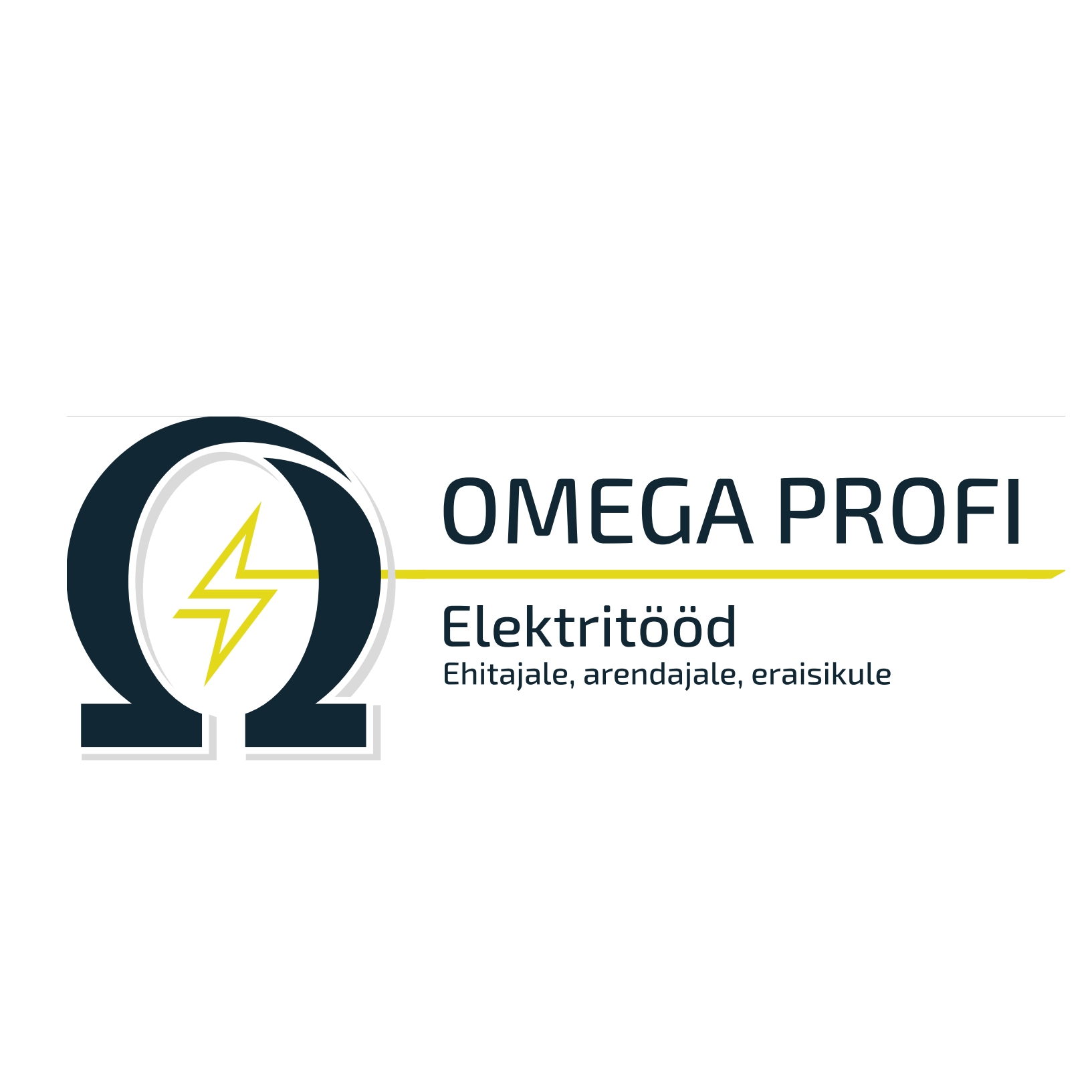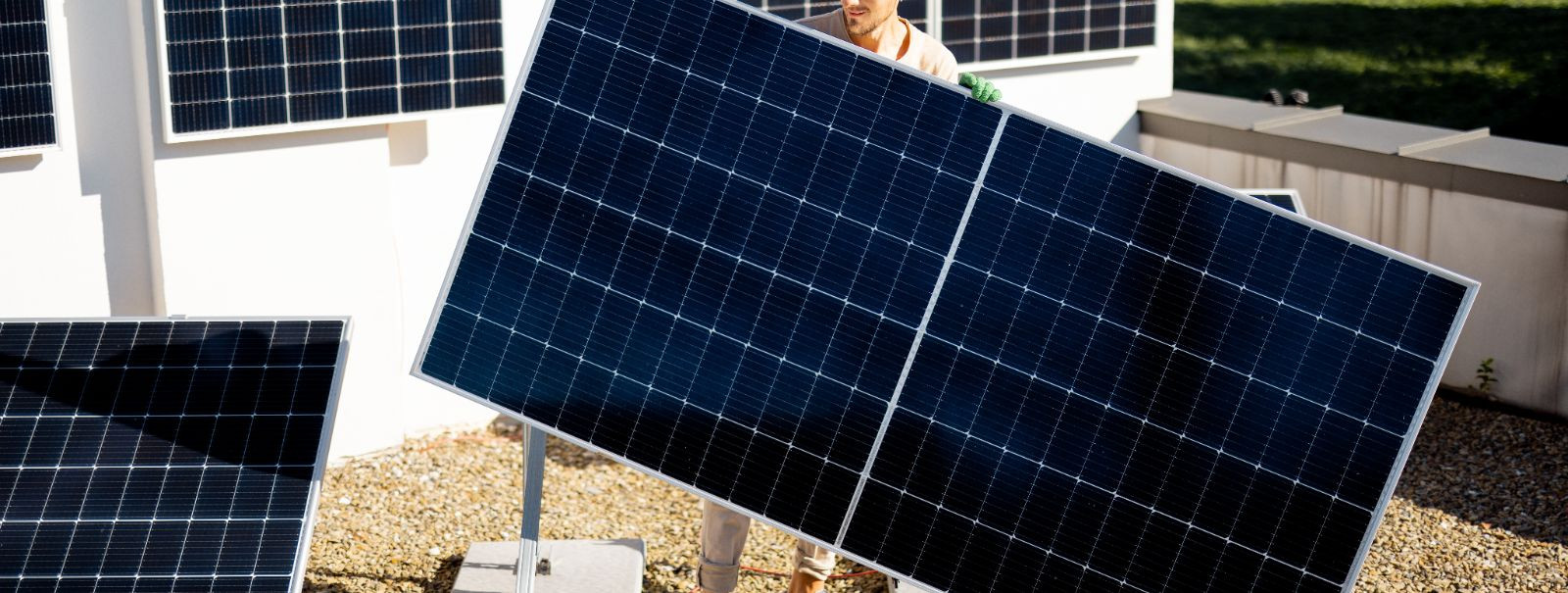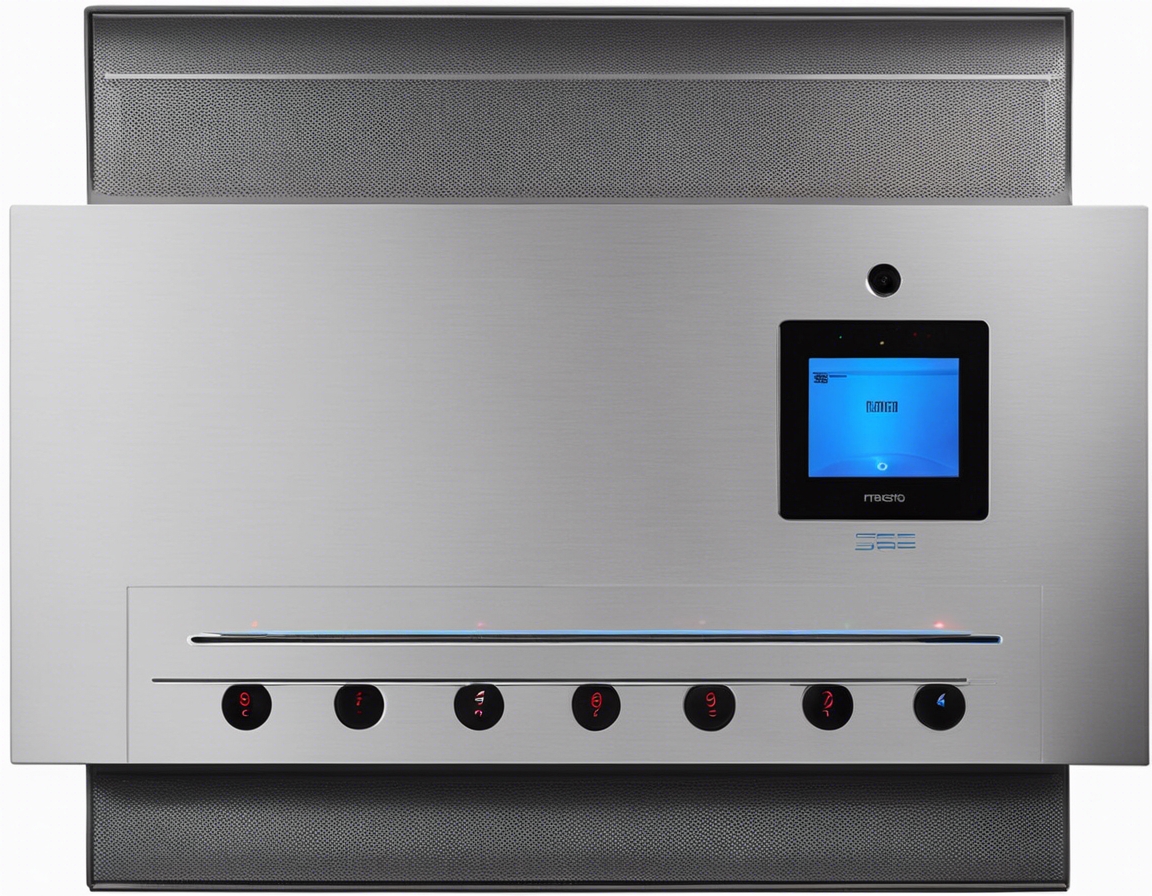Solar panels: your step towards a greener tomorrow
As the world grapples with the effects of climate change and the depletion of non-renewable resources, the shift towards renewable energy sources has become imperative. Solar energy, harnessed from the sun, stands out as a clean, inexhaustible, and increasingly cost-effective power solution.
Solar panels, also known as photovoltaic (PV) panels, convert sunlight into electricity. They are composed of many solar cells made from semiconductor materials like silicon. When sunlight hits these cells, it causes electrons to move, creating an electric current.
Benefits of Solar Panels
Investing in solar panels can lead to significant savings on electricity bills over time. Additionally, many governments offer tax incentives, rebates, and subsidies to encourage the adoption of solar energy.
Solar panels produce clean energy, reducing reliance on fossil fuels and lowering greenhouse gas emissions. This contributes to a healthier environment and combats global warming.
By generating your own electricity, you reduce dependence on the grid and protect against fluctuating energy prices.
Types of Solar Panel Systems
Monocrystalline panels, known for their efficiency and sleek appearance, are made from a single, pure silicon crystal. Polycrystalline panels, while slightly less efficient, are more cost-effective and made from multiple silicon crystals.
Thin-film panels are lightweight and flexible, making them suitable for a variety of surfaces. However, they generally have lower efficiency and a shorter lifespan than crystalline silicon panels.
CPV systems use lenses or mirrors to concentrate sunlight onto high-efficiency solar cells. They are most effective in areas with a high amount of direct sunlight.
Choosing the Right Solar Panel System for Your Needs
To determine the best solar panel system, you must first assess your property's energy needs. This involves analyzing your electricity consumption patterns and considering future energy goals.
Understanding the upfront costs, long-term savings, and available incentives is crucial in making an informed decision about solar panel investments.
Professional site evaluation is essential to maximize energy production. Factors such as roof angle, orientation, and shading must be considered for optimal panel placement.
Installation Process
Before installation, it's important to ensure your roof is in good condition and to obtain any necessary permits. Choosing a reputable installer is also key to a successful solar panel system.
The installation process typically involves mounting the panels, connecting the electrical systems, and integrating the system with the grid. A professional installer can provide a smooth and efficient installation experience.
Regular maintenance is minimal but important for the longevity and efficiency of your solar panel system. This includes cleaning the panels and having periodic checks by a professional.
Advancements in Solar Technology
Research and development in solar technology continue to improve the efficiency and reduce the cost of solar panels, making them an even more attractive option for consumers.
Battery storage systems allow you to store excess solar energy for use during non-sunny periods, enhancing the functionality and independence of your solar power system.
Smart solar systems integrate with home automation, allowing for real-time monitoring and management of energy consumption, further optimizing the benefits of solar energy.






Comments (0)